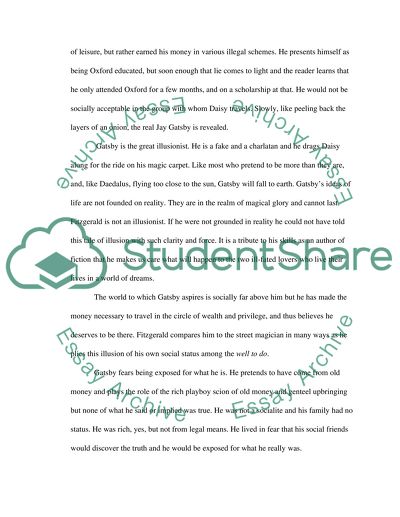Cite this document
(“Reaction to Theme of Great Gatsby Book Report/Review”, n.d.)
Reaction to Theme of Great Gatsby Book Report/Review. Retrieved from https://studentshare.org/literature/1524890-reaction-to-theme-of-great-gatsby
Reaction to Theme of Great Gatsby Book Report/Review. Retrieved from https://studentshare.org/literature/1524890-reaction-to-theme-of-great-gatsby
(Reaction to Theme of Great Gatsby Book Report/Review)
Reaction to Theme of Great Gatsby Book Report/Review. https://studentshare.org/literature/1524890-reaction-to-theme-of-great-gatsby.
Reaction to Theme of Great Gatsby Book Report/Review. https://studentshare.org/literature/1524890-reaction-to-theme-of-great-gatsby.
“Reaction to Theme of Great Gatsby Book Report/Review”, n.d. https://studentshare.org/literature/1524890-reaction-to-theme-of-great-gatsby.


